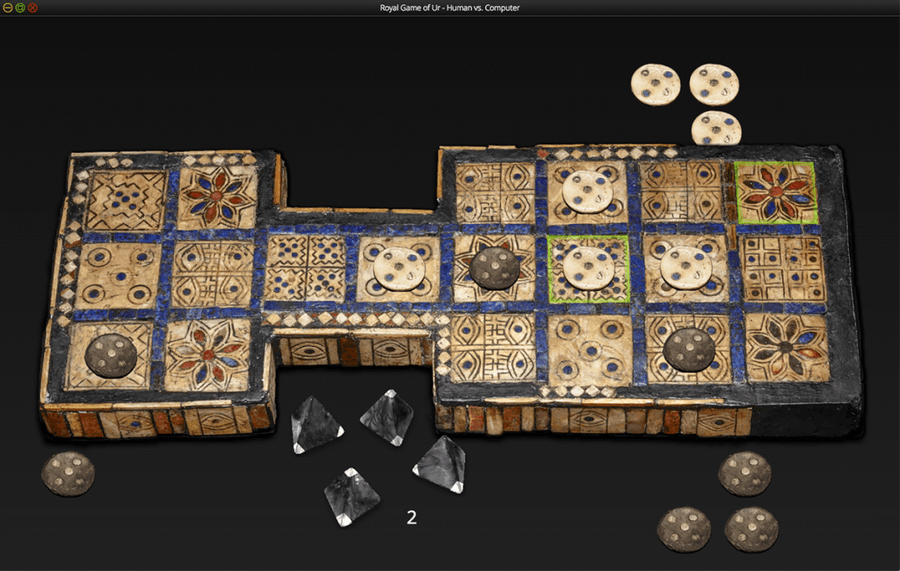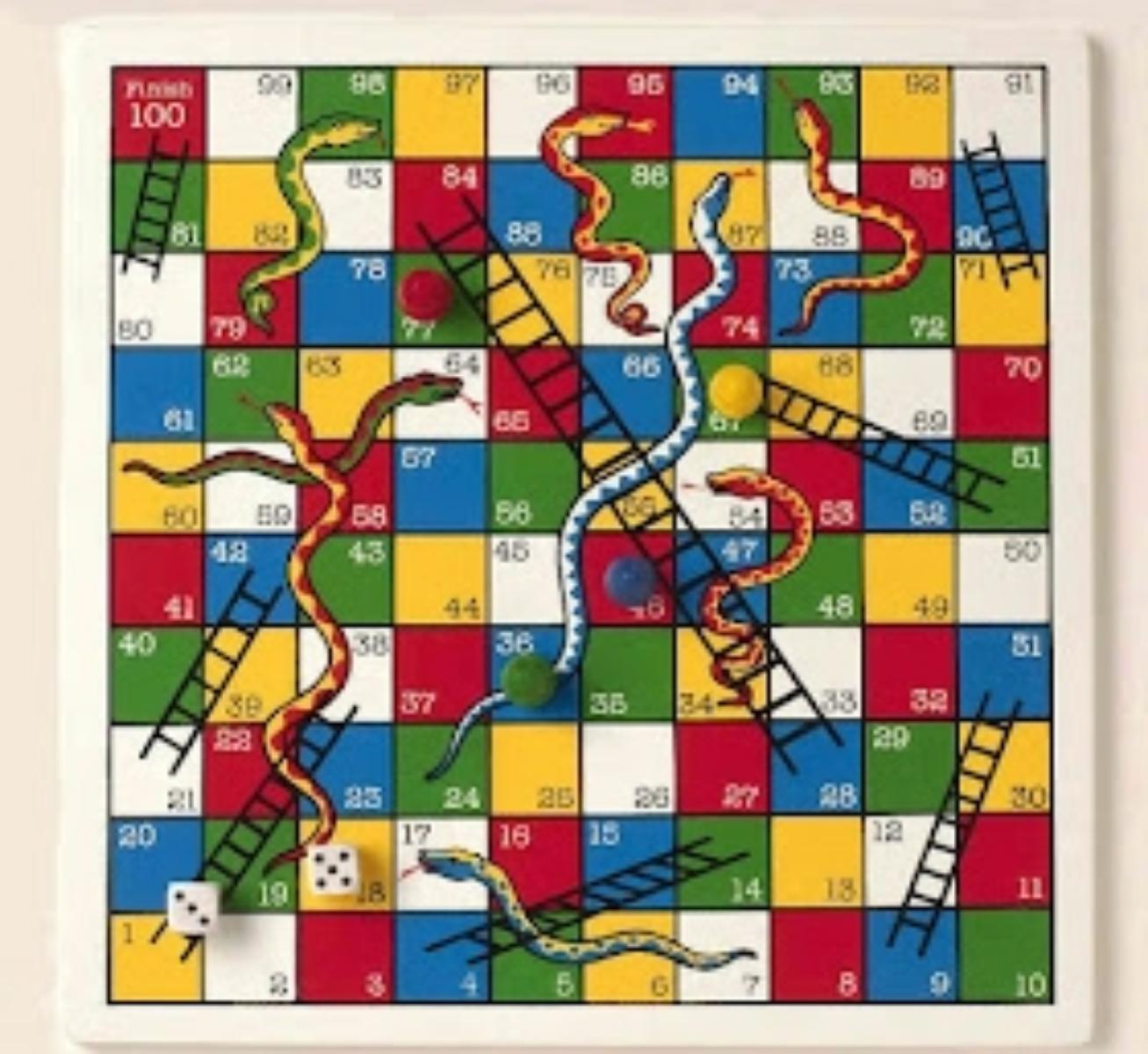The Game of Tafl
A disc-shaped gaming board was used to play Tafl, a Norse strategy game having widespread played as early as 400 A.D., according to the Oxford History of Board Games.y. It was played in Scandinavia along with Britain and Ireland.
A popular variant of the game, Hnefatafl, had the objective of defending a king from a group of taflmen(a group of attackers) by attempting to secure him in one of the four corner grids.
118
318 reads
CURATED FROM
IDEAS CURATED BY
The idea is part of this collection:
Learn more about personaldevelopment with this collection
How to strengthen your willpower
How to overcome temptation and distractions
The role of motivation in willpower
Related collections
Similar ideas to The Game of Tafl
The Royal Game Of Ur
- Also known as Twenty Squares, this 4500-year-old game, first unearthed in ancient Mesopotamia, is impressive in its complex rules and intricate design.
- The beautiful game board uses twenty squares and has a narrow bridge in the middle part, was played in Iraq, Israel, Egyp...
The Game of Mehen
- Named after the Egyptian serpentine deity, Mehen is also known as the Egyptian Snake Game and was played between 3100 to 2300 BC.
- Six players could simultaneously play this spiral board, each having a piece crafted in the shape of a lion or a sphere.
- The ...
About the Game
- Snakes and Ladders is a traditional Indian board game played in almost every household.
- Today, it is regarded as a worldwide classic.
- The historic version of this game was designed to teach moral lessons to the players and to show the game's similarity to life and it...
Read & Learn
20x Faster
without
deepstash
with
deepstash
with
deepstash
Personalized microlearning
—
100+ Learning Journeys
—
Access to 200,000+ ideas
—
Access to the mobile app
—
Unlimited idea saving
—
—
Unlimited history
—
—
Unlimited listening to ideas
—
—
Downloading & offline access
—
—
Supercharge your mind with one idea per day
Enter your email and spend 1 minute every day to learn something new.
I agree to receive email updates


